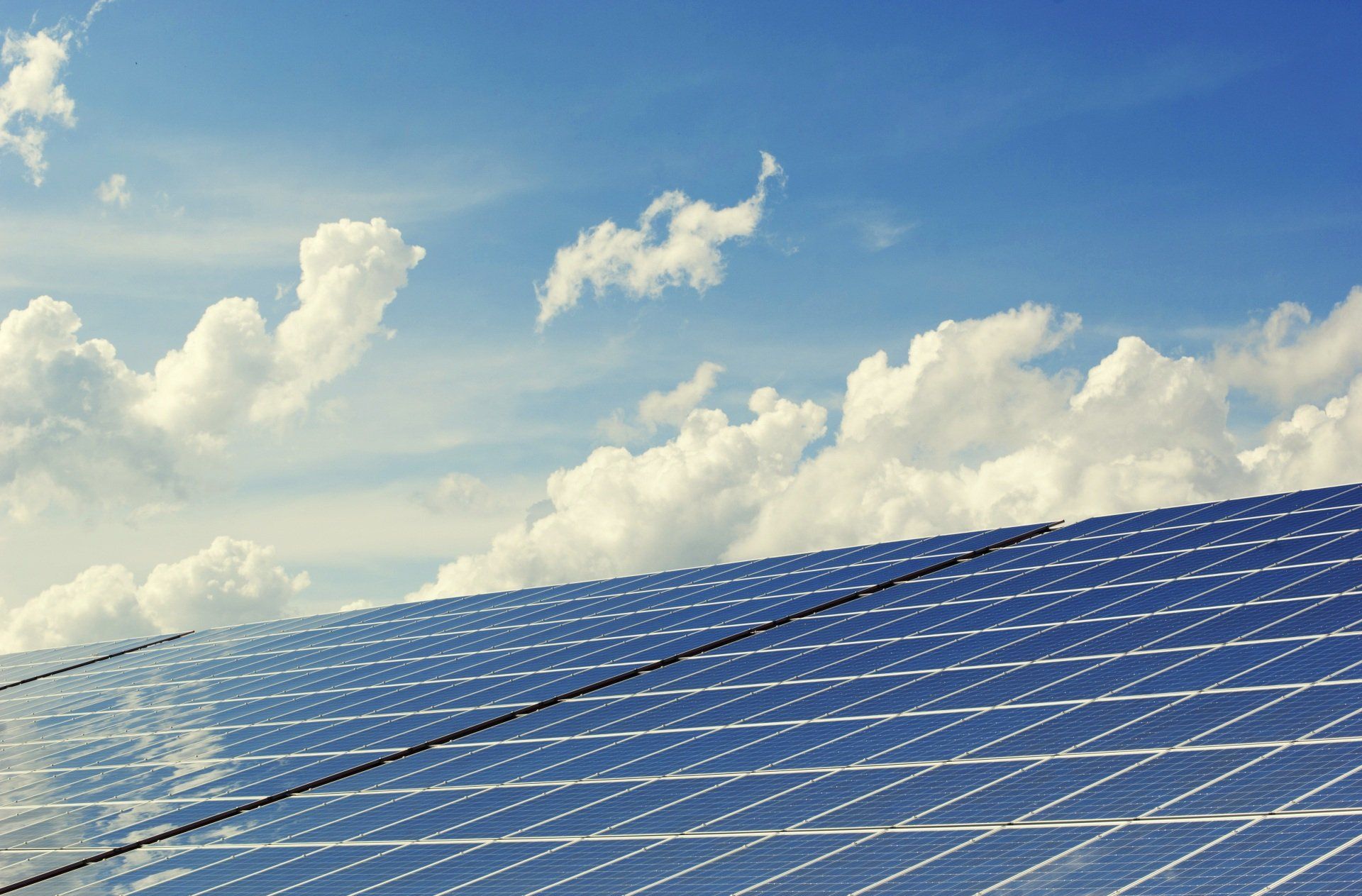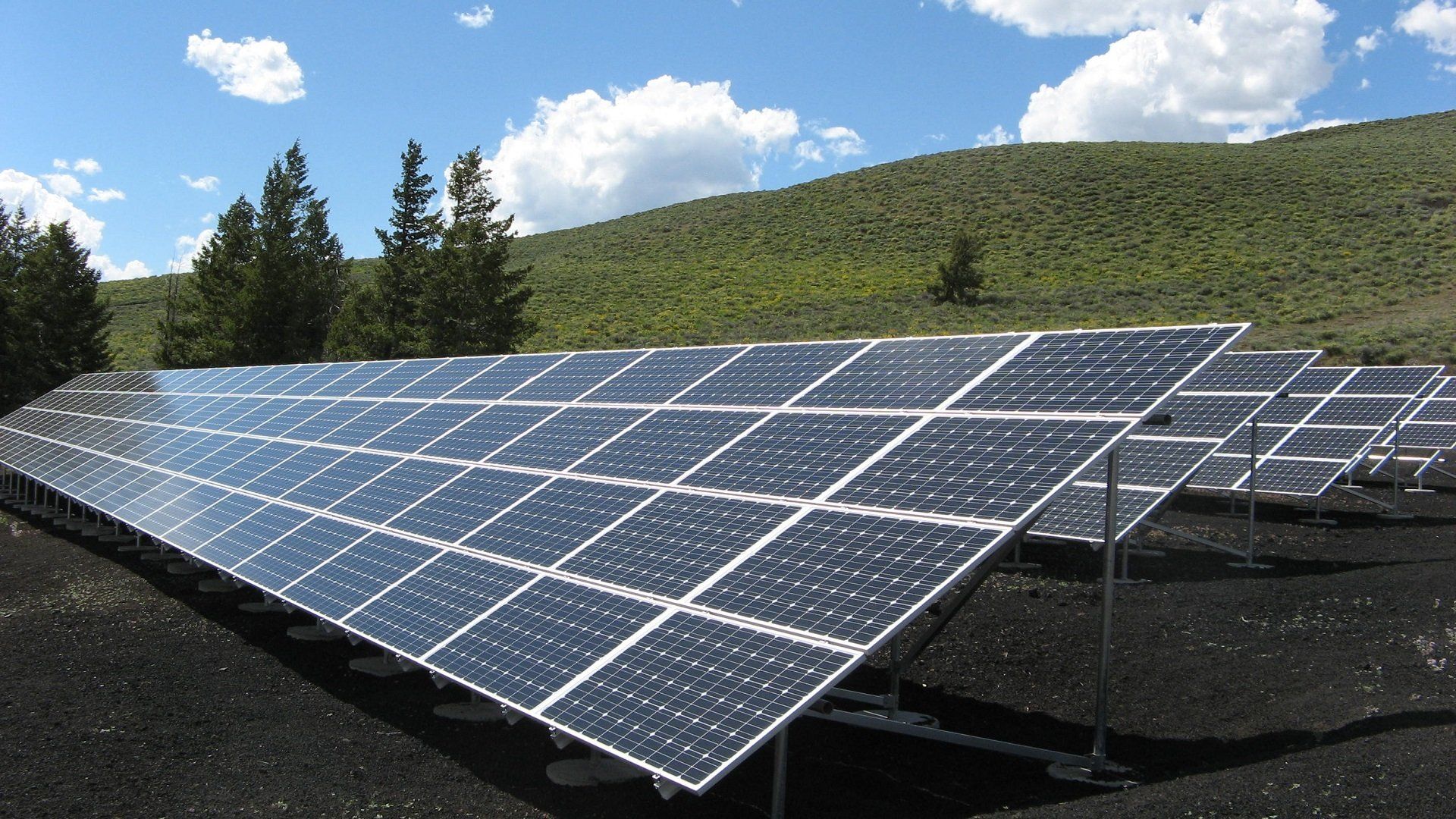How Embracing Renewable Solar Energy Transforms Canada's Path to a Sustainable Future
In recent years, Canada has taken a big step forward by embracing renewable solar energy. This decision has led to important changes in energy production, the environment, and the economy. Utilizing solar energy helps Canada reduce its reliance on fossil fuels, lower greenhouse gas emissions, and promote cleaner, more environmentally friendly methods of producing electricity.
This shift isn't just good for the environment and encourages new ideas and job opportunities while making Canada more self-sufficient and resilient. With renewable solar energy leading the way, Canada is setting a new path toward a sustainable and better future for future generations.

Canadian Farms Embrace Sustainable Practices: A Shift Towards Renewable Energy and Advanced Technologies
Climate change has become a growing concern, and countries commit to fighting its impact. As a result, Canadian farms are shifting toward sustainable practices. Recent data from the 2021 Census of Agriculture reveals that more farms are engaging in renewable energy production and utilizing advanced technologies.
Adopting renewable energy allows farmers to incorporate sustainable practices into their operations. It offers the opportunity to generate income by selling excess energy to the grid while reducing future energy expenses.
Furthermore, Canadian farms are embracing various technologies that aid in reducing labor costs, enhancing the accuracy and efficiency of farming processes, and improving competitiveness in the global market. These technological advancements contribute to the overall sustainability and success of agricultural practices in Canada.
Energy Production Transformation
Renewable power, specifically wind and solar, is experiencing rapid global deployment, as the International Energy Agency reports. However, some Canadian government leaders have claimed that renewable power is unreliable and costly. They argue that the wind doesn't always blow and the sun doesn't always shine.
Even while it's true that solar and wind power generation might be unpredictable, solid research shows that they are the most economical sources of fresh energy. The Canadian Climate Institute's report suggests that these renewables will play a substantial role in Canada's future electricity system, accounting for 31% to 75% of generation by 2050, compared to the current 6%. Their affordability makes them essential, regardless of climate policies.
Balancing variable renewables requires flexibility rather than traditional power generation methods. Flexibility refers to managing supply and demand variations cost-effectively over time. Coal and gas plants historically provided flexibility, but any quick-start generation can fulfill this role. Non-emitting hydropower is an excellent flexible source, while emerging technologies like geothermal and hydrogen may also contribute in the future.
Technological Advancements and Flexible Development
Technological innovations have introduced new flexibility options. Battery storage is now affordable and widely implemented in Canada. In collaboration with the Six Nations of the Grand River, Ontario is constructing Canada's largest battery farm, set to launch in 2025 and double the province's energy storage capacity. Although current batteries offer short-duration storage, innovative solutions like compressed air or longer-duration batteries could greatly extend storage capabilities.
Shifting electricity demand to match supply is becoming increasingly important. This can be done through pricing signals or remote control, where certain loads are moved to times when an abundant supply exists. Industrial loads, like those in pulp and paper mills, are already being managed this way, and we will see more households participating as well.
For example,
electric vehicle charging can cost less if you allow your utility to decide when your car charges overnight. Adjusting your house's temperature for short periods when electricity demand is high could also earn you money.
Another form of flexibility is interconnection, which involves better connecting provinces with abundant hydro resources to those that can decarbonize with wind and solar. This mutually beneficial relationship can be tapped into further.
Creating more flexible electricity systems helps balance intermittent renewables and makes sense for resilience against extreme weather events in a changing climate. We need to plan and invest accordingly, as current power-purchase agreements and electricity-market designs in Canada do not fully reflect this reality.
Exploring different types of flexibility is important. Pilot projects in Germany and elsewhere have shown that a renewable-reliant grid is technically feasible. The real challenge lies in planning, policy, and governance. Canadian clean power can be a competitive advantage if committed to it. Let's focus on building a modern 21st-century electricity system by taking serious action.

Install Roof-Mounted Solar Panels For a Better Future
Renewable energy solar panels use the sun's power to create clean and renewable energy, reducing the need for fossil fuels and reducing harmful greenhouse gases that cause climate change.
There are many benefits to having roof-mounted solar panels. They let you generate electricity right at your home or business, which can lead to savings on your energy bills. You might even become independent from the traditional power grid.
In addition, it can increase the value of your property. People who care about the environment are often interested in buying homes with
solar energy systems, giving you an advantage in the real estate market.
Installing roof-mounted solar panels is a positive step toward a sustainable future. It shows your commitment to renewable energy, reduces environmental impact, and helps create a cleaner world for future generations. Take advantage of the sun's energy and make a difference by installing solar panels on your roof today.
If you are searching for “solar companies near me,” join the solar revolution with Coquitlam Solar Energy. Start saving on energy bills and reducing your carbon footprint as you consider
renewable energy solar panels. See the benefits of solar energy for your home or business today. Contact us for a free consultation.
